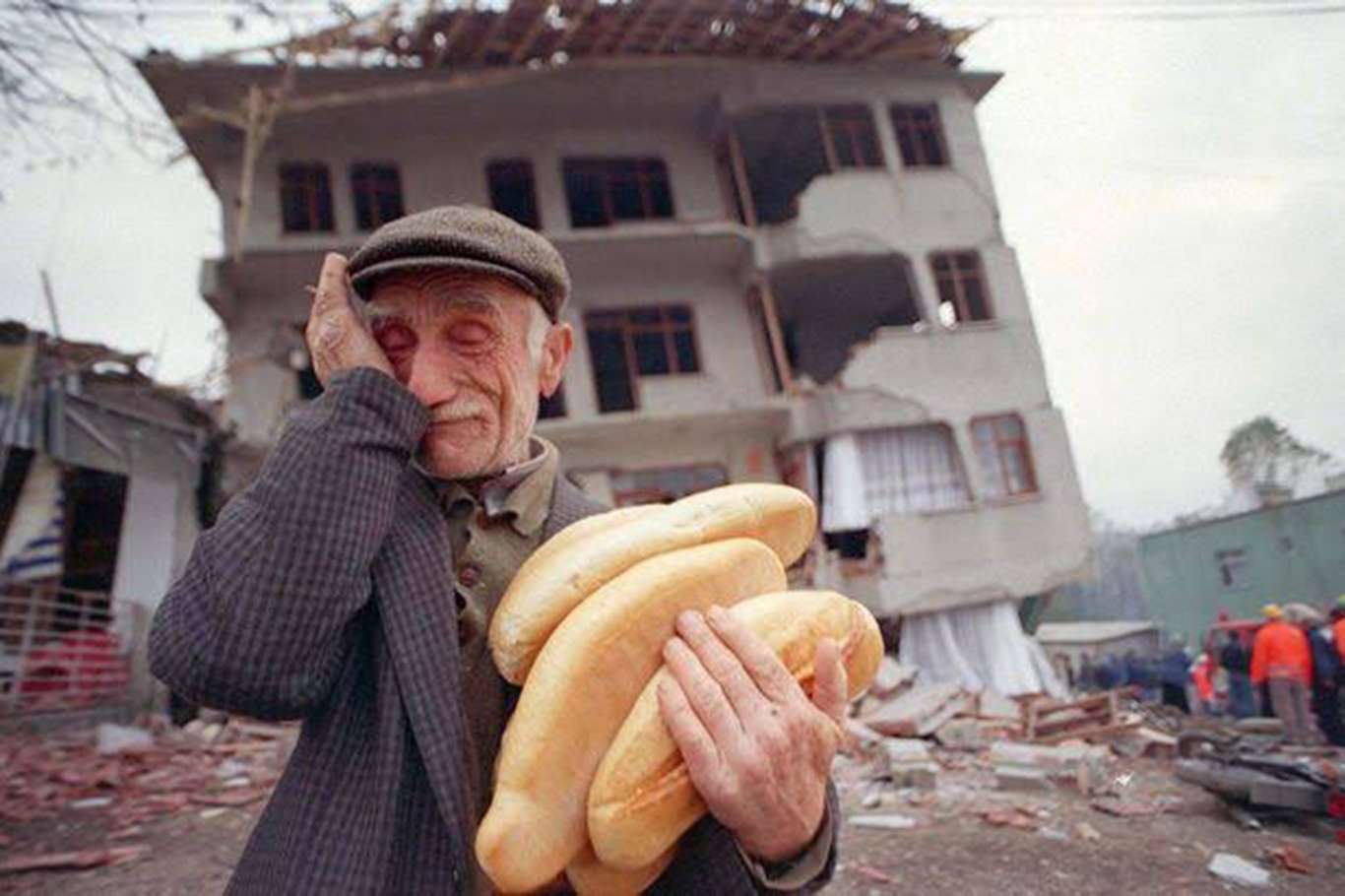23 years have passed since Düzce earthquake


It has been 23 years since the Düzce earthquake, which took place on 12 November 1999 at 18:57:22 local time in the Düzce province of northwestern Turkey, killing at least 845 people.
The earthquake had an estimated magnitude in the range of 7.1–7.2 on the moment magnitude scale, according to the International Seismological Centre.
The epicenter of the quake was approximately 100 km (62 mi) to the east of the extremely destructive 1999 İzmit earthquake that happened a few months earlier.
Both strike-slip earthquakes were caused by movement on the North Anatolian Fault.
Düzce and surrounding areas had already been quite badly affected by the İzmit earthquake a few months earlier so that many buildings were already in a weakened state when the November earthquake struck.
The number of fatalities in Düzce is recorded as 478, with an additional 313 in the town of Kaynaşlı and 48 in the city of Bolu.
A significant number of deaths were attributed to the presence of traditional heaters causing fires and related smoke effects, particularly in Kaynaşlı.
Following criticism of their response to the İzmit earthquake, the Turkish government reacted quickly to the November earthquake, with the rapid deployment of military personnel, police, and medical teams to the area.
Field hospitals were provided by teams from Russia, Japan, and Egypt. Search and rescue teams were sent from many countries including Austria, Cyprus, Denmark, Finland, Bulgaria, Czech Republic, Hungary, Slovenia, Italy, Poland, Ukraine, Romania, United Kingdom, United States, Greece, Germany, Russia, Spain, the Netherlands, France, Algeria, Sweden, and Switzerland.
An estimated 2,000 rescuers were present, including 150 search dogs.
Many of those made homeless by the earthquake were temporarily placed in encampments, but this was problematic as the weather was generally wet and temperatures at night were at or near freezing and many of the tents were not "winterized".
A year after the earthquake, about 7,500 people were still living in tents with about 30,000 accommodated in prefabricated houses. (ILKHA)
LEGAL WARNING: All rights of the published news, photos and videos are reserved by İlke Haber Ajansı Basın Yayın San. Trade A.Ş. Under no circumstances can all or part of the news, photos and videos be used without a written contract or subscription.
The European Union is grappling with an unprecedented escalation in drug trafficking, with officials estimating that over 100 tons of cocaine enter the continent each year—a figure that European security agencies admit may represent only a fraction of the true scale.
On November 2, 1917, British Foreign Secretary Arthur James Balfour sent a short letter to Zionist leader Lord Rothschild, pledging Britain’s support for a Jewish homeland in Palestine.
One year has passed since Yahya Sinwar, the legendary leader of Hamas in the Gaza Strip, was martyred in a direct confrontation with Israeli forces in Rafah.
Two years have passed since the morning that forever altered the course of the Palestinian struggle — the dawn of October 7, 2023, when the besieged enclave of Gaza broke through its prison walls in a thunderous uprising now etched into history as Operation Al-Aqsa Flood.